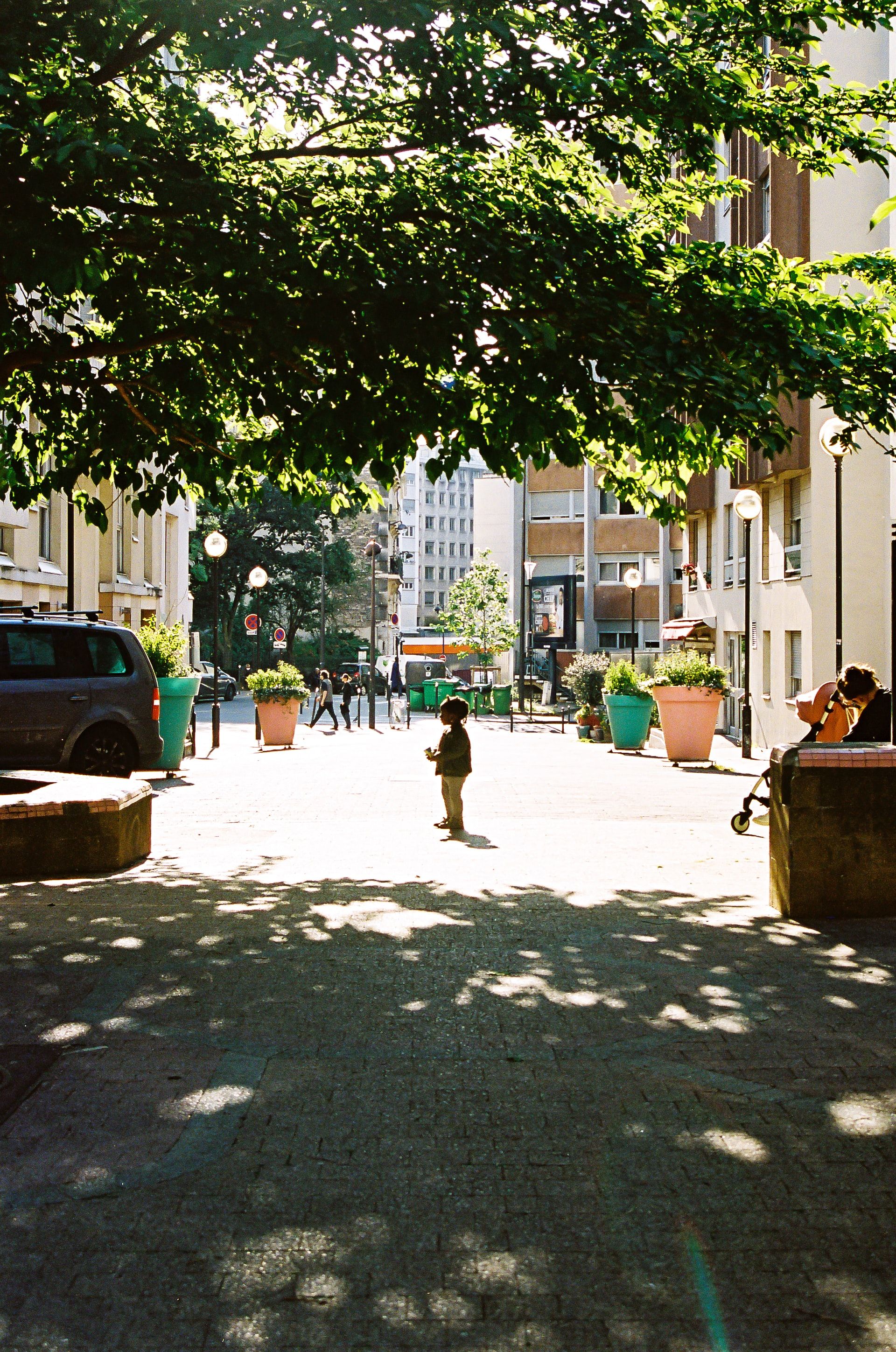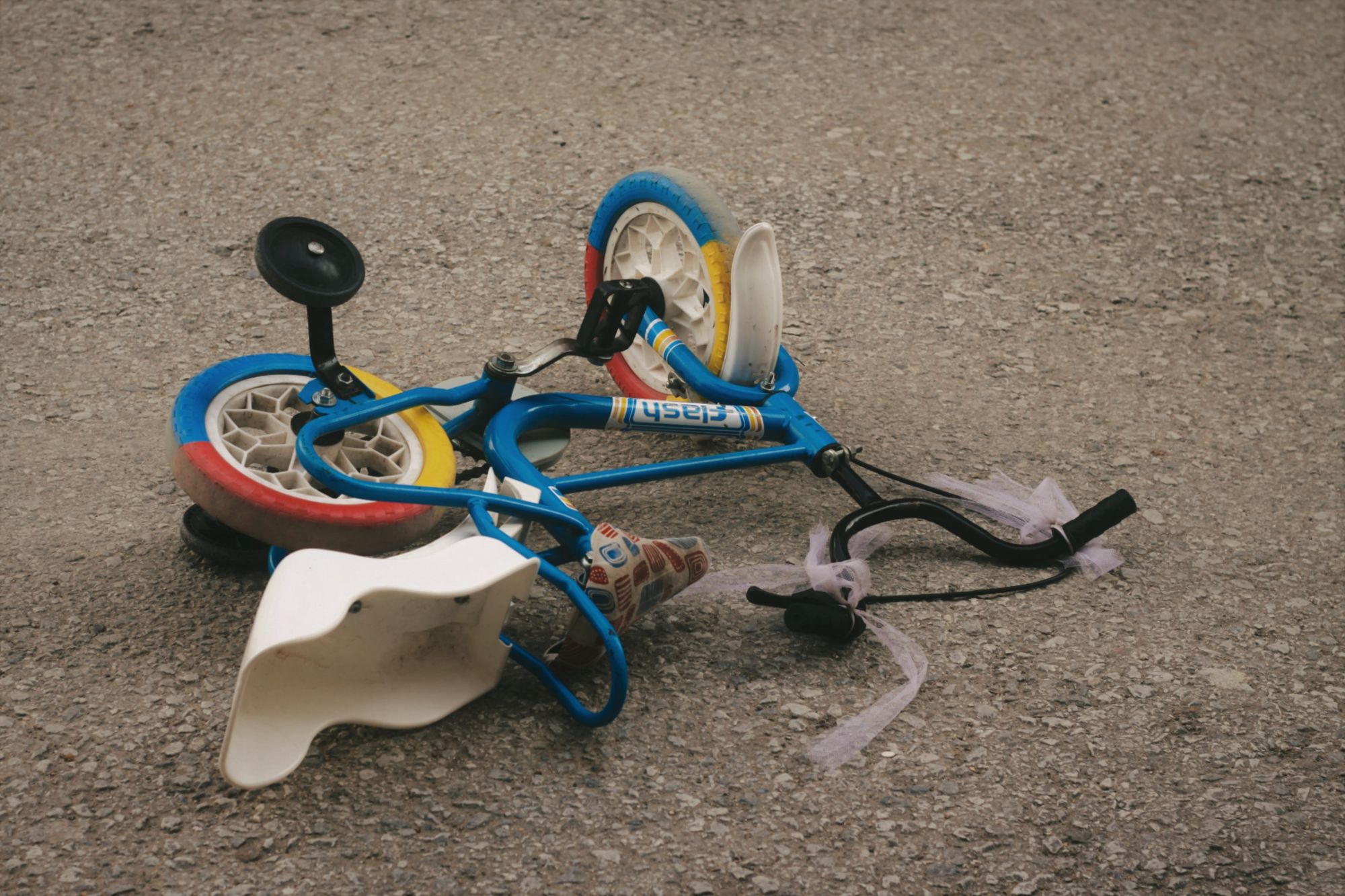From Parent To Friend: How Relationships With Our Parents Change As We Mature

By Sophie Robertson-Acolet, Second Year History
The Croft Magazine // Relationships with our families naturally evolve as we mature. Here, Sophie Robertson-Acolet explores the possible reasons behind this, and how secure familial relationships can continue to influence us into adulthood.
The process of growing up and our changing perceptions of the world around us can’t be understood without a natural shift in perspective towards family and those closest to us as we get older. Family and loved ones were once our point of reference with the world, and in our most formative years they embodied the wider world itself as something distinctive from us. However, the inevitable result of this is that it is all too common in the experience of young people, including myself and my friends, to hold onto anger and resentment because of the actions, or inactions, of parents or guardians. These emotions might then manifest into feelings of distance and disconnectedness, rather than facing the root of the issue. Which in reality, however painful it is at the time, might strengthen a bond beyond what was thought possible. Moving through these feelings and maintaining a sense of empathy and understanding when viewing your family is one of the most valuable things you can do for yourself and them. In adopting an impartial perspective towards your loved ones and removing the expectations you once held them to, empathy and compassion for both yourself and them can deepen.

When we are young, putting our families on a pedestal and holding them to a high standard is universal. However, it’s important to remember that there is no such thing as a "perfect" or "normal" family. This can be seen in the simple, and rather disheartening, statistic that nearly 50% of marriages are believed to end in divorce in the UK. As a result, many families are left fractured, add to this the absent parents, parents that have passed leaving single parents or guardians, or parents that cannot fulfil the role of parenthood for whatever reason, numerous families simply do not fit the perfect ideal.
Regardless of their family background, younger children have an intense need for connection and closeness and will look up to primary carers almost blindly. As a result, when we are young, who we are is heavily influenced by those closest to us. Therefore, nothing that traumatic needs to happen in order for our relationships with our families to change as we develop into our own personalities. As our external reality grows, our hierarchies of needs and priorities change too. We may start to crave community and a sense of belonging outside of our family, and we start to pursue new, and personal, ambitions, goals, friendships, and relationships.
Navigating this new territory inevitably brings up past wounds. How we enter new relationships rests heavily on how the connection with our primary carers played out. This is commonly known as attachment styles. It has been an interesting and relatively recent development to see an understanding of attachment styles permeate through wider culture – thanks largely to social media. But you don’t need social media to see how your relationship with your immediate family has impacted the relationships you have now.
For me, family has always been one of the cornerstones of my life that I draw a lot of strength from. No doubt this is because, from an early age, I saw how impermanent and fleeting life can be in the passing of my dad, and how important it is to value and be grateful of those around you. The unwavering and stoic strength of my mum holding the family together really did keep my brother and I afloat in living out our childhoods in a largely healthy and undisrupted way where we were still encouraged to pursue our interests and what made us happy. Still, navigating friendships and relationships has not always been easy and introspection has been an important part of discovering my own triggers and struggles. Forgiveness and empathy have been sacred in this process. My own relationship with my mum as I’ve grown into the adult I am now has developed and shifted into one that is mutually supportive (I hope) and more understanding. We’re both in different stages of our lives and our relationship has adapted accordingly.
Featured Image: By Barthelemy de Mazenod
How have your relationships with your family changed since starting University?
